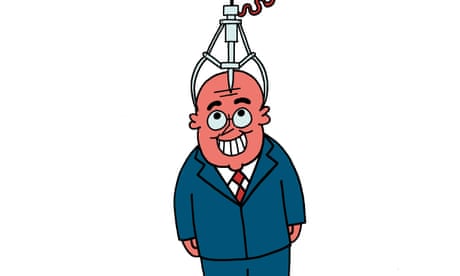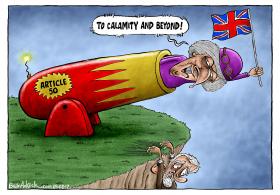So Australia has the “momentum” going into the final Test match in Dharamsala.
At least, their skipper Steve Smith thinks so. Had Virat Kohli said that India have the momentum, he would have been right too. The reason is quite simple. “Momentum” does not exist, so you can pour into the word any meaning you want. Sportsmen do it all the time. It is as uplifting as the thought: “I am due a big score” or “the rivals are due a defeat”. Sport does not work that way, but there is consolation in thinking that it does.
“Momentum” is one of our most comforting sporting myths, the favourite of television pundits and newspaper columnists as well as team coaches everywhere. It reaffirms what we love to believe about sport: that winning is a habit, set to continue if unchecked; that confidence is everything, and players carry it from one victory to the next; and above all, that randomness, which is a more fundamental explanation, is anathema. It is at once the loser’s solace and the winner’s excuse. Few streaks transcend random processes. Of course streaks occur — that is the nature of sport. But that is no guide to future performance.
Momentum, momentum, who’s got the momentum? is a popular sport-within-a-sport. It is a concept that borders on the verge of meaning, and sounds better than “I have a feeling about this.”
A study in the 1980s by Thomas Gilovich and Amos Tversky raised the question of “hot hands” or streaks in the NBA. They studied the Philadelphia 76ers and found no evidence of momentum. Immediate past success had no bearing on future attempts, just as a coin might fall heads or tails regardless of what the previous toss might have been.
That and later studies — including the probability of the winner of the fourth set winning the fifth too in tennis — confirmed what a coin-tossing logician might have suspected: that momentum, like the unicorn, does not exist.
Statistics and mythology are strange bedfellows, wrote the late Stephen Jay Gould, evolutionary biologist and baseball fan. One can lead to the other over the course of an entire series or even through a single over in cricket.
Gould has also explained the attraction of patterns, and how we are hard-wired to see patterns in randomness. In many cases, patterns can be discerned in retrospect anyway, but only in retrospect. “Momentum” is usually recognised after the event, and seems to be borne of convenience rather than logic.
The momentum in the current series was with India before the matches began. Then they lost the first Test in Pune, and the momentum swung to Australia for the Bengaluru Test which then India won, grabbing the momentum again.
The third Test was drawn, so the momentum is either with Australia for plucking a draw from the jaws of defeat or with India for pushing Australia to the edge. Such simplistic analyses have kept pundits in business and given “momentum” a respectability and false importance in competitive sport. There is something romantic too in the idea, and many find that irresistible.
Momentum is such a vital component of sport that it has assumed the contours of a tangible object. Fans can reach out and touch it. Teams have it, they carry it, they ride it, they take great comfort from it and work hard to ensure that the opposition does not steal it from them. They carry it from venue to venue like they might their bats and boots and helmets.
To be fair to Steve Smith, what he actually said was “If there’s anything called momentum, it’s with us at the moment,” giving us a glimpse into a measured skepticism. If it exists, then we have it.
Does Peter Handscomb have momentum on his side, after a match-saving half-century in Ranchi? By the same token, does Ravindra Jadeja, after a half-century and nine wickets in the same match? Is team momentum the sum total of all the individual momentums? Will Ravi Ashwin, in that case, begin the final Test with a negative momentum having been less than at his best on the final day in Ranchi? How long before someone decides that momentum is temporary, but skill is permanent?
It is convenient to believe that either one team or the other has the momentum going into the final Test. Yet it is equally possible that those who swing the match with their performance might be players who haven’t been a great success in the series so far.
Someone like fast bowler Pat Cummins, or Virat Kohli himself. A whole grocery list of attributes then becomes more important than momentum: motivation, attitude, desperation, and imponderables that cannot be easily packaged and labeled.
Whichever team wins, momentum will have nothing to do with it. But that will not stop the next captain from telling us that the momentum is with his side. It might seem like blasphemy to disagree with him, so deeply is the concept grouted into our sporting consciousness.




